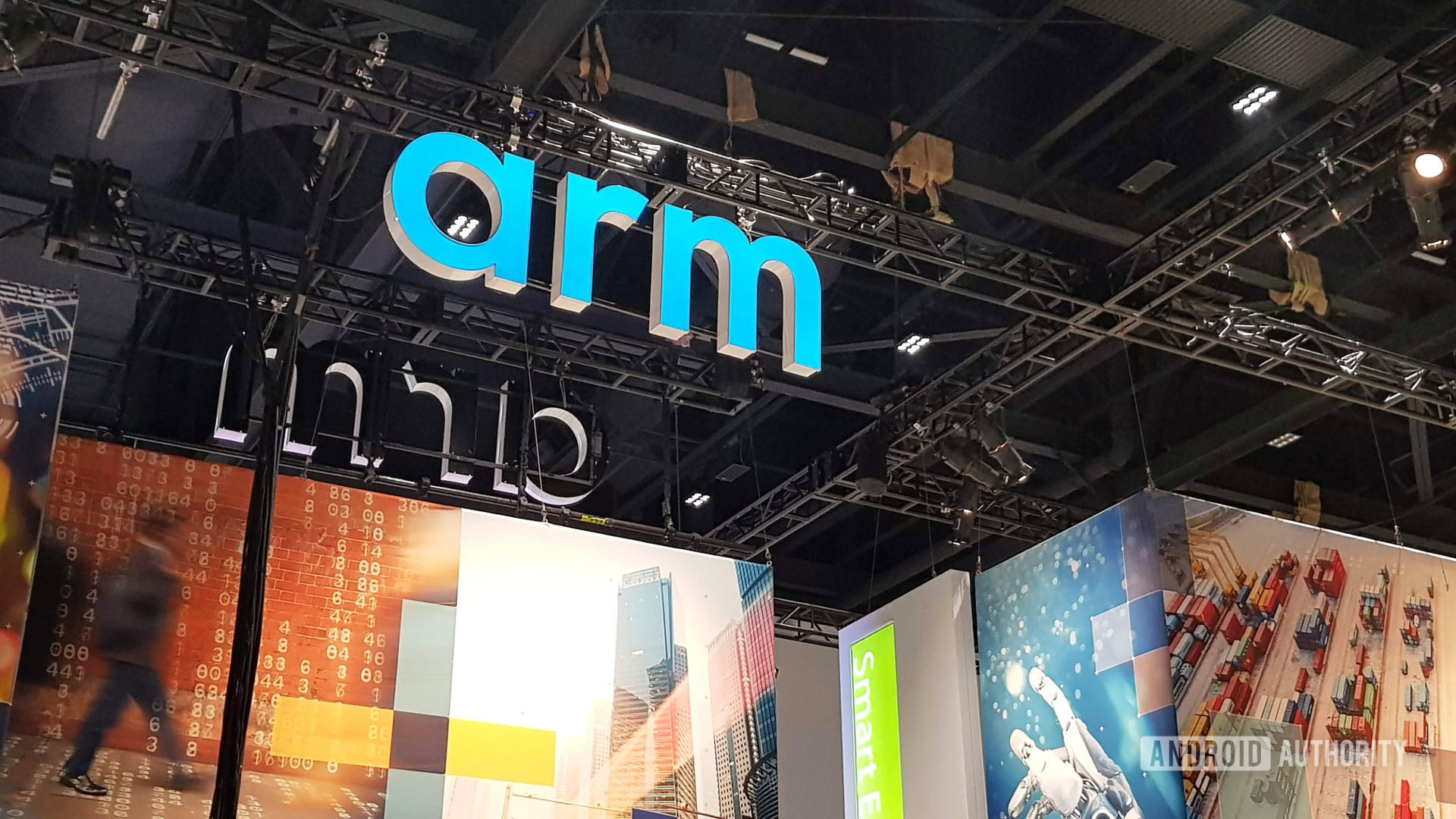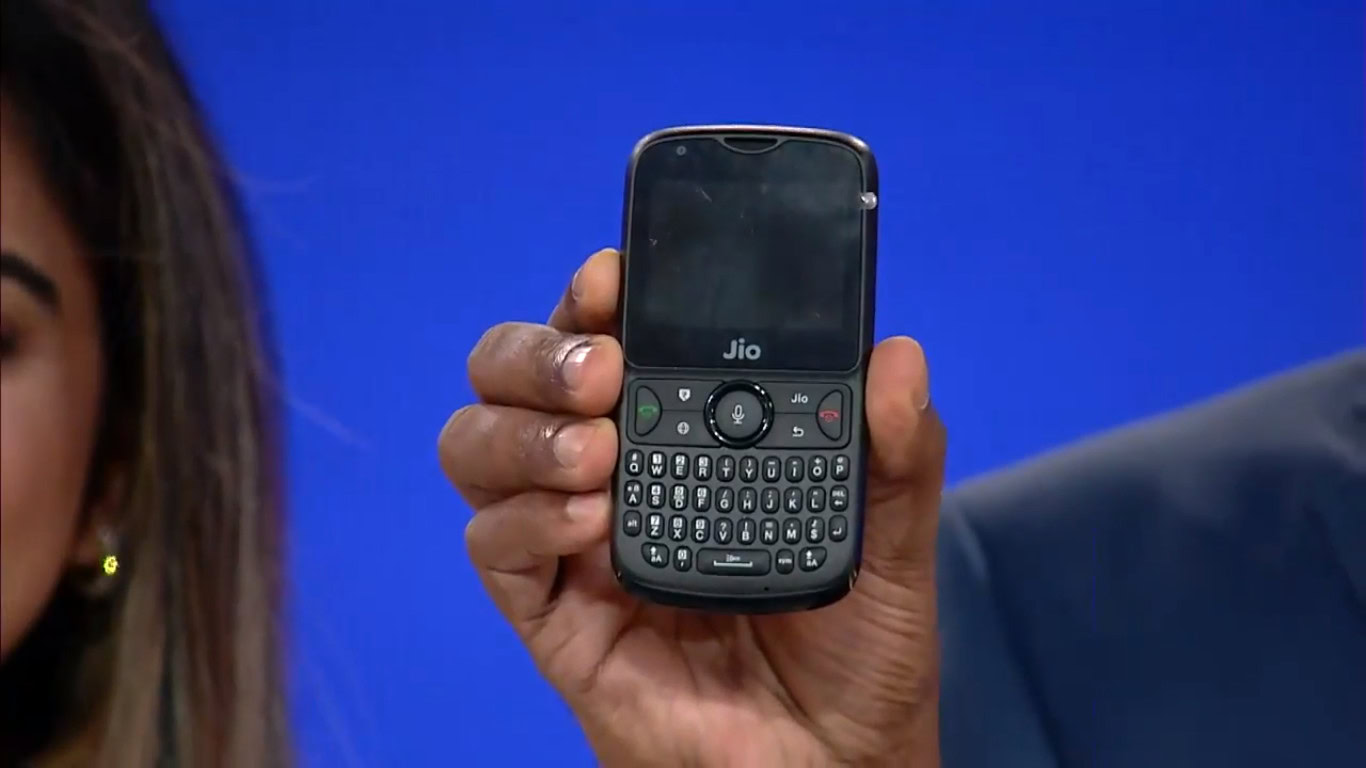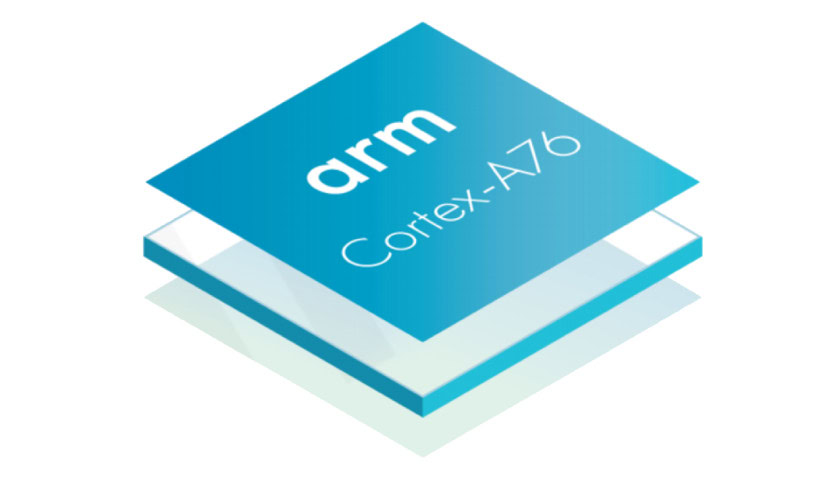Affiliate links on Android Authority may earn us a commission. Learn more.
Machine learning in 2019: Could we see AI chips in $100 smartphones?
November 28, 2018

Between notches, slider phones, and triple camera setups, 2018 has been a pretty interesting year for smartphones. However, AI development has arguably been one of the most important trends of the year, as Arm, Huawei, and MediaTek delivered the goods.
The trend won’t let up in 2019, as Jem Davies, general manager of Arm’s Machine Learning Group, reckons you’ll see far more smartphones with the tech next year.
“In 2019 you will see pretty much all of the tier one players fitting neural network processors,” Davies told Android Authority at the company’s TechCon event. This comes amid rumors that both Qualcomm and Samsung are planning to add dedicated AI silicon to their flagship chipsets.
Read: What will be 5G’s killer app? Many industry players aren’t sure yet
Davies thinks 2020 will be when we see a “serious uptick” in neural network capabilities, as manufacturers come to grips with the technology.
Machine learning will also be used to bolster security in 2019, Arm VP and GM of Client Business Nandan Nayampally told Android Authority.
“I do think the growing trend is ‘how do you use learning in literally everything?’, security is a strong one — especially after the year we had,” said Nayampally.
Could we see AI chips in $100 phones?

The MediaTek Helio P60 was a big step, adding dedicated AI silicon to a mid-range chipset, but don’t expect it to hit lower end chips quite so quickly.
“I think the budget phones will probably not incorporate specialized hardware until use cases become clearer. And usually what that means is they would’ve had to start designs and already incorporate them now if they’re seen in phones next year,” Nayampally said.
Nevertheless, according to Davies, machine learning won’t take as long to make it onto lower-end hardware as most new and developing technology.
“Definitely in a break with general history, we’re seeing the mid-range wanting to adopt [AI chips] pretty quickly as well, and even the entry level. So it won’t be five years, it might even be as little as one year.”
What about feature phones?

The Arm representative also thinks it’s “entirely likely” we could eventually see machine learning hardware on feature phones.
“It’s not going to be shouting, screaming AI. It’s going to be ‘well, that’s the best, cheapest way to do it,” explained Davies.
One of the biggest reasons to hope for AI capabilities on $100 smartphones and feature phones is offline inference. Conducting machine learning tasks without connecting to the cloud will save on data costs (and retain a measure of privacy). It could be a pretty handy solution for users in emerging markets, where data rates are prohibitively expensive, and the average user totes a $100 smartphone anyway.

Data access isn’t the only obstacle in some emerging markets, as several markets also suffer from electricity supply issues. Fortunately, AI chips are able to assist with battery life to a small extent, as they’re generally more efficient at machine learning tasks than using the CPU or GPU. This isn’t quite the same as simply having a bigger battery or power bank, but frugal internals can definitely help.
Some feature phones already use AI-enabled apps, such as the JioPhone series. The Indian feature phone range, powered by the KaiOS feature-phone platform, already supports Google Assistant. It’s since been joined by the Nokia 8110 4G, which offers Assistant support too. Slapping better AI capabilities in these phones means they can parse more voice commands offline, saving data and protecting your privacy.
There are plenty of other reasons to be excited about AI chips in cheaper phones. AI silicon can also enable better on-device malware monitoring, fancier AR filters, more accurate beautification effects, higher quality photos, more advanced biometric security, and faster system performance. So even if AI capabilities are largely restricted to mid-range and top-end devices right now, there are loads of possibilities for $100 smartphones and feature phones too.
Thank you for being part of our community. Read our Comment Policy before posting.